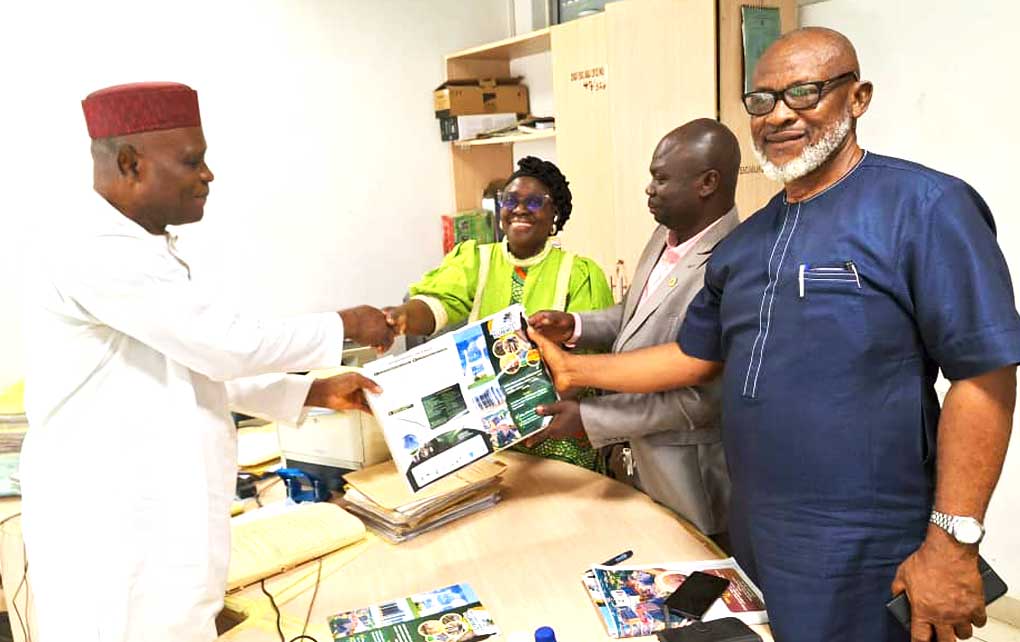The convergence of technology and finance is revolutionizing industries worldwide, and Africa is no exception. With its rapidly evolving digital landscape, the continent is poised to transform traditional investment models through FinTech solutions. This evolution is particularly crucial in the context of sustainable and green investments, where Africa Green FinTech plays a pivotal role. The Africa Multilateral Infrastructure, Climate Change, and Green Investment Summit, AICIS 2025 is set to explore how FinTech innovations can mobilize capital, reduce barriers to investment, and drive transformative projects that contribute to climate resilience and sustainable development.
1. The Emergence of Africa Green FinTech
Africa’s digital revolution has paved the way for a new era in financial services. Africa Green FinTech refers to the integration of financial technology with sustainable practices, enabling efficient, transparent, and inclusive investment in green projects. Mobile banking, digital wallets, blockchain, and AI are transforming how capital flows into renewable energy, sustainable infrastructure, and climate resilience initiatives.
The rapid adoption of mobile technology has already transformed everyday transactions in Africa. Now, these innovations are extending to the realm of green investments, creating a pathway for small and large investors alike to support environmentally responsible projects. This paradigm shift is crucial for a continent that is striving to bridge the investment gap in sectors critical to sustainable development.
2. FinTech’s Role in Sustainable Finance
FinTech is dismantling traditional barriers to finance, offering a level of accessibility and transparency previously unattainable in the region. By leveraging digital platforms, investors can access real-time data on project performance, monitor environmental impacts, and ensure that funds are directed toward initiatives that adhere to strict sustainability criteria.
Key benefits of FinTech in sustainable finance include:
- Increased Transparency: Blockchain technology can create immutable records of transactions, ensuring accountability in green investment.
- Enhanced Accessibility: Digital platforms democratize investment opportunities, allowing a broader range of investors—from institutional players to individual micro-investors—to participate.
- Efficient Capital Allocation: AI-driven analytics help investors identify high-impact projects, optimize portfolios, and monitor performance in real time.
- Lower Transaction Costs: Digital payments and mobile banking reduce overhead costs, making it easier to channel funds directly into sustainable initiatives.
3. Innovative Technologies Shaping Green Investment
Several cutting-edge technologies are at the heart of Africa Green FinTech, driving the green investment revolution:
Blockchain Technology
Blockchain is revolutionizing transparency in sustainable finance by providing a secure, decentralized platform for tracking carbon credits and verifying environmental claims. This ensures that investments in green projects—such as reforestation, renewable energy installations, and waste-to-energy initiatives—are both accountable and impactful.
Artificial Intelligence and Big Data
AI and big data analytics offer investors insights into market trends, risk assessments, and project performance. These technologies are instrumental in identifying opportunities in renewable energy sectors like solar, wind, and bioenergy, and in optimizing the allocation of capital for maximum environmental and economic returns.
Digital Lending Platforms and Mobile Banking
With the widespread adoption of mobile technology in Africa, digital lending platforms have emerged as vital tools to support green investment. These platforms facilitate quick access to capital for sustainable projects, reducing the reliance on traditional banking systems and enabling a broader range of investors to participate.
Smart Contracts
Smart contracts, powered by blockchain technology, automate and secure transactions. In the context of green investments, they ensure that funds are released only when predetermined environmental and performance criteria are met, reducing risks and boosting investor confidence.
4. Policy Frameworks and Public-Private Partnerships
For Africa Green FinTech to reach its full potential, robust policy frameworks and strong public-private partnerships are essential. Governments must implement supportive regulations that encourage sustainable investments and protect investor interests. AICIS 2025 will serve as a forum to discuss:
- Incentives for Green Investments:
Tax credits, subsidies, and other incentives that promote the adoption of renewable energy and sustainable practices. - Regulatory Harmonization:
Aligning policies across African nations to create a cohesive and attractive investment climate for green FinTech solutions. - Collaborative Financing Models:
Encouraging public-private partnerships (PPPs) to mobilize resources, share risks, and scale innovative projects that drive sustainable development.
The integration of FinTech into Africa’s green investment landscape is set to redefine sustainable finance on the continent. By harnessing technologies like blockchain, AI, and digital lending platforms, Africa can create a transparent, efficient, and inclusive financial ecosystem that drives investment into critical green projects. The Africa Multilateral Infrastructure, Climate Change, and Green Investment Summit, AICIS 2025 is the ideal platform to catalyze this transformation.
Join the movement to drive Africa’s sustainable future. Be a part of AICIS 2025 and contribute to a future where technology and sustainability converge to create lasting economic and environmental benefits.
#AICIS2025 #AfricaGreenFinTech #SustainableFinance #GreenInvestment #DigitalTransformation #ClimateAction #ESG #RenewableEnergyAfrica #SmartFinance


